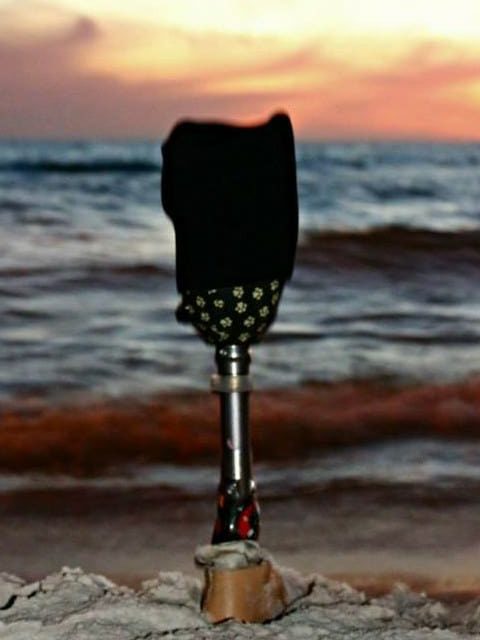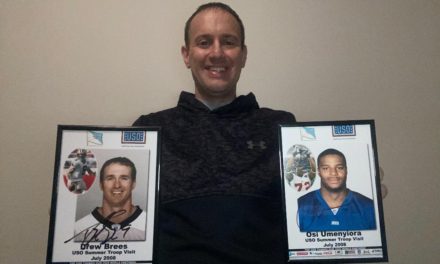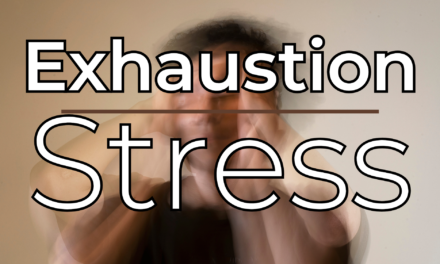 When I decided to write this, I had no idea that it would be so emotional or so difficult. Before doing my research and interviews, I thought I knew a lot about what is means to be an amputee. It turns out, however, that while I do know about life as an amputee, as I have been one since September of 2012, there is still so much out there that I can learn.
When I decided to write this, I had no idea that it would be so emotional or so difficult. Before doing my research and interviews, I thought I knew a lot about what is means to be an amputee. It turns out, however, that while I do know about life as an amputee, as I have been one since September of 2012, there is still so much out there that I can learn.
Today, there are nearly 2 million people living with limb loss. Each year, according to The Amputee Coalition (www.amputee-coalition.org), there are approximately 185,000 amputations performed in the United States, and 28 million Americans are at risk for limb loss. It is projected that the amputee population will more than double by the year 2050.
The purpose of this article, however, is to invite the non-amputee community into the hearts and minds of an amputee. To get a glimpse of the emotional scars of amputation, the physical changes we undergo and how we overcome. The emotional and mental changes and challenges, may be harder, if not almost impossible to spot.
Most amputees go through an adjustment period, where they are getting used to their new normal. This period can last anywhere from several months to the rest of their lives. While there are many factors that define how an amputee views and deals with their daily life – such as what age they were when they had the amputation, their personality style, coping skills, etc.- more than 50% of amputees require some sort of psychological intervention in the wake of their surgery.
I spoke with many fellow amputees via Facebook messenger. I met them in the Facebook group “Laughter After Limb Loss”. I learned that many go through the same grieving process when they’ve lost a body part, though the process varies greatly among the members of the amputee community.
I heard from Dena Foster who lives in McAlpin, Florida. She is a 69-year-old widow. Twenty-two years ago, she was in a traumatic aircraft propeller accident. She lost her left arm at the elbow. She shared a bit of her own emotions during her search for her new normal. “Adapting to the realities of life as an amputee was difficult at times,” she wrote, “but also an opportunity for creativity.”
Shauna Barbato is from Hickory Creek, Texas. While helping untangle some cables underneath a double-loop roller coaster, the unthinkable happened. As the train went by on the track, it struck her, leaving her left arm hanging by only a small bit of muscle and some skin, the nerves completely ripped out of her spinal cord. Doctors spent hours trying to save her arm. Her mother was tasked with making the decision to remove the entire arm, and Shauna credits her mom with making the right choice. On June 10, 1983, she became a left arm amputee. She shared with me some of the challenges she remembers during her recovery. “I figured out how to do everything differently.” she wrote, “Typing, dressing, my hair, opening a can of soup…it started to be one success after another.” Shauna is, in my opinion, surprisingly upbeat. She playfully issues a challenge to others. “Do things today with just one hand,” she wrote, “Tie your shoes, tie that tie, curl your hair, put in your contacts, button all those buttons…play baseball, change a dirty diaper, and close a Ziploc bag. You get the idea.” Shauna then offers a powerful piece of advice. “I’m not asking you to do anything that I can’t do,” she says, “I’m just asking you to be thankful for what you have.”
Karin Lynn lives in New York and wrote “I deal with pain well, because it is all I have ever known. It is my constant companion.” She was born with congenial pseudorathsis of the tibia and fibula, a very rare condition in which the tibia is bowed and usually breaks before two years of age. Her left leg broke at eight months old. Karin endured many surgeries and bone grafts throughout her life, none of which were successful. Amputation was suggested numerous times, but her parents always rejected the idea, instead choosing to try and save her leg. Until 14 years ago, a long metal brace or plaster cast on her leg was a constant companion. “Pins, rods, fixators,” she wrote, “Nothing would mend the broken bone.”
She developed a major bone infection and suddenly there was no choice but to amputate. “It was my leg or my life” she shares. “After everything I had been through, I had to lose my leg anyway.” Karin’s reaction to her amputation was unique. “I never felt a loss or grieved,” she wrote, “I never went through the emotions I was told I might feel. I never cried or asked ‘Why me?’”
Though her interview seemed sad at first, I soon learned that Karin has an amazing outlook and attitude about life. “I’m living life to the fullest.” She ended with, “It’s not easy and it’s a daily struggle with everything I do. But, I’m here enjoying life with my amazing husband. No whining or self-pity for me. It’s not me. Never was.”
When reading the personal stories that people sent to me, I was particularly moved by the words of Stacy Swinford. She is a Type 1 Diabetic who lost her toes first, quickly followed by the lower part of her right leg. She wrote about having an entirely new set of friends, of still going through depression at times, and about children being much more understanding and accepting of someone considered different than adults are. “Kids come up and ask you questions,” she wrote, “but adults just stare at you like you’re a freak.” I could hear her words echo in my own experience as a new amputee 5 long years ago. Stacy paid me a compliment while also offering members of the non-amputee community a sound piece of advice: “I hope people read your article,” she said, “I hope people see that if an amputee is strong enough to be there, don’t bash them or laugh at them behind their back.” Stacy closed with “I’ve only been this way for 4 years, but trust and believe me, it seems like a lifetime.” 
After a long battle with Antiphospholipid Antibody Syndrome, I became a right-side below knee amputee on September 11, 2012. I have learned that a person is much stronger than they give themselves credit for, and that someone can handle much more than they believe they are capable of. I never imagined I would be able to handle even half of the situations that have been presented to me over the last 5 years. My own experience with amputation taught me that even I can be strong when left with no other option.
About the Author

Becca Hernandez
Student - Fall 2017








